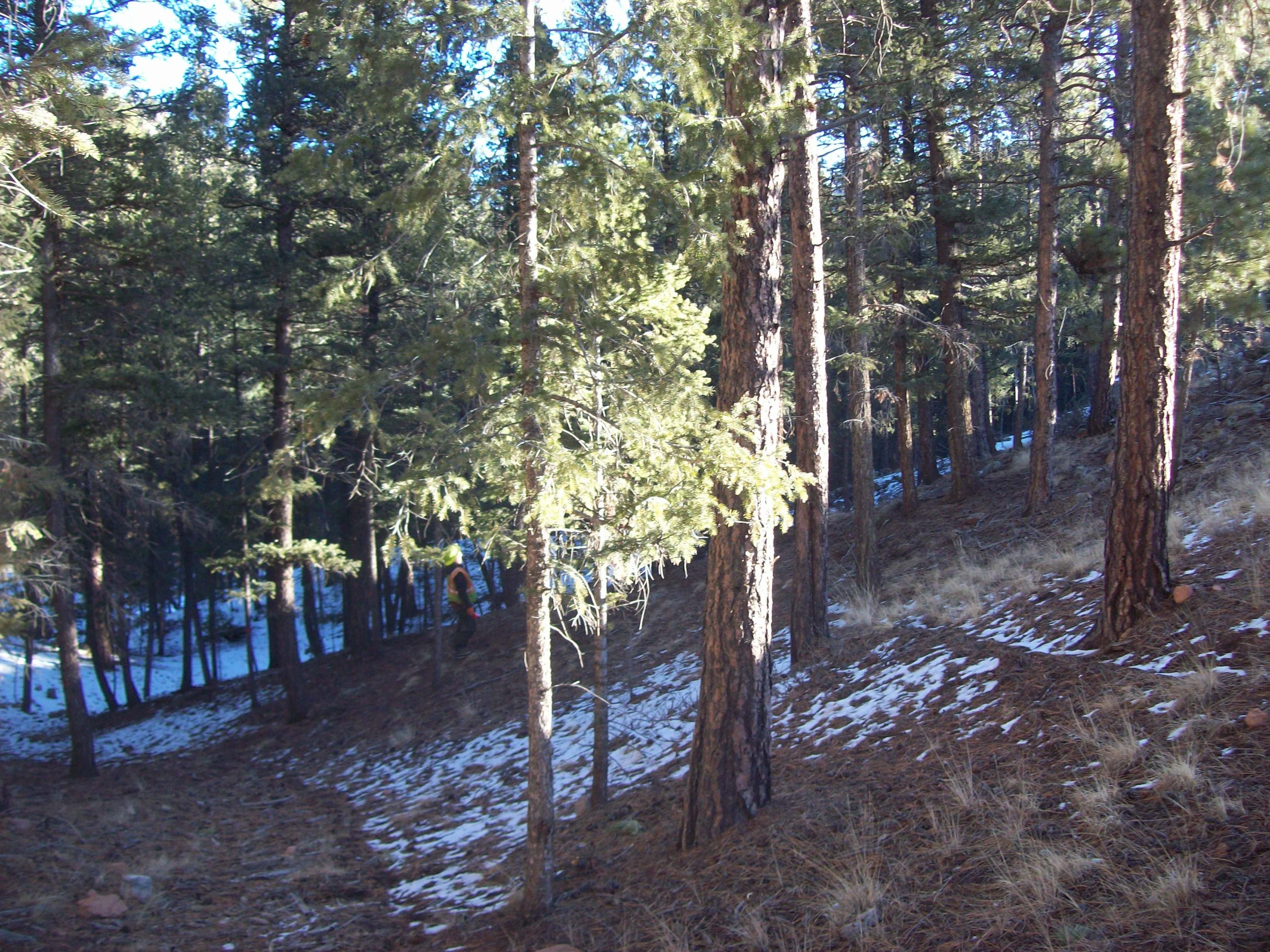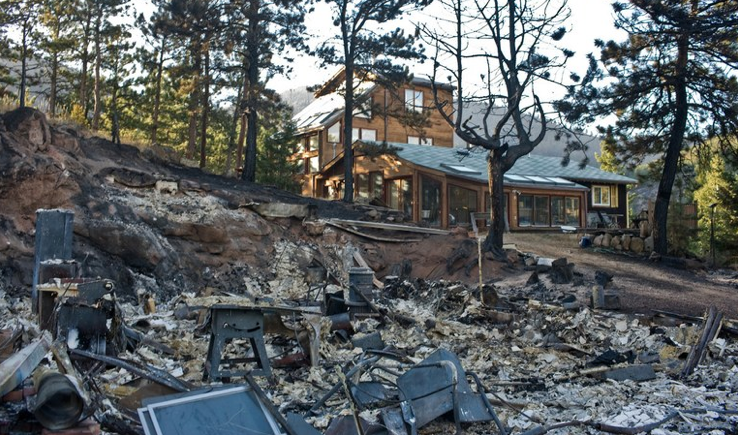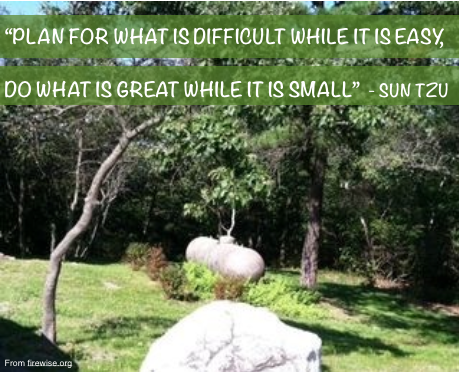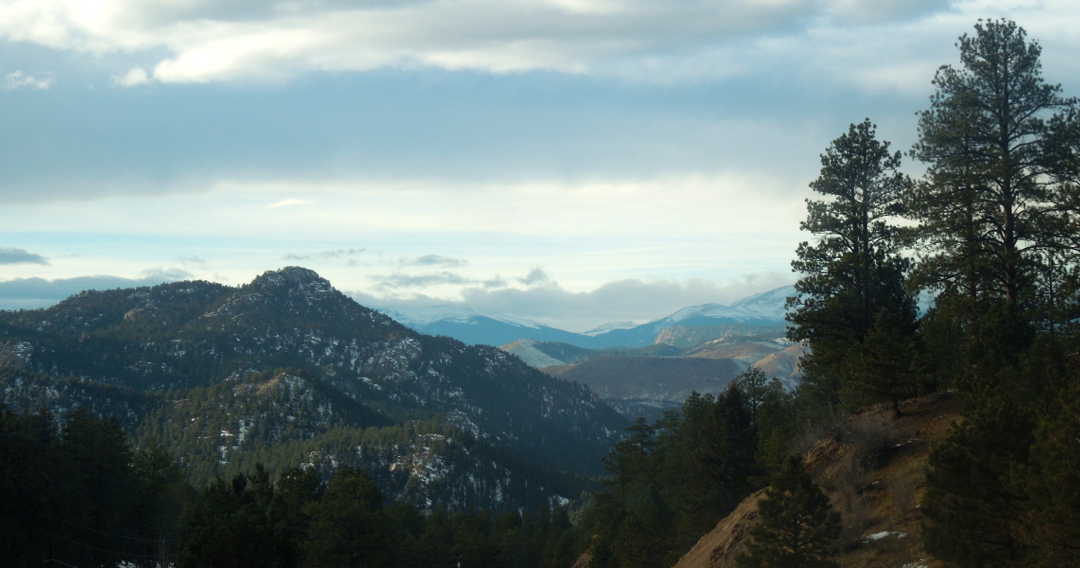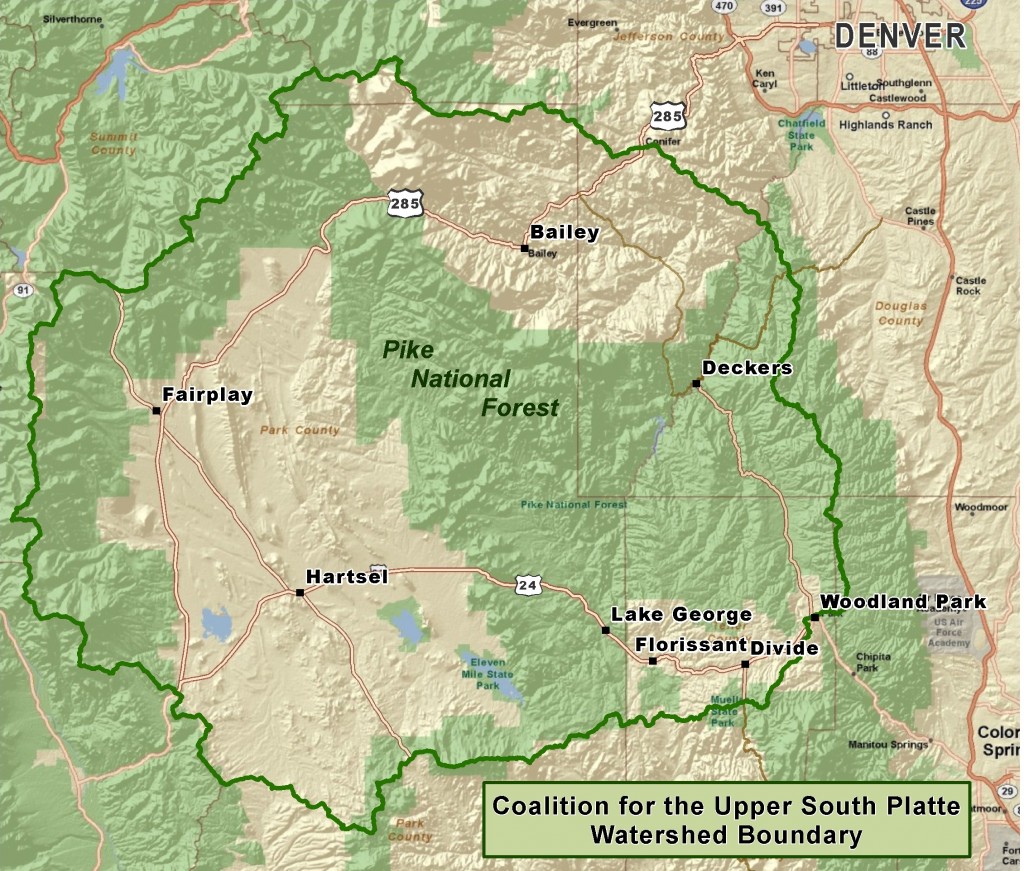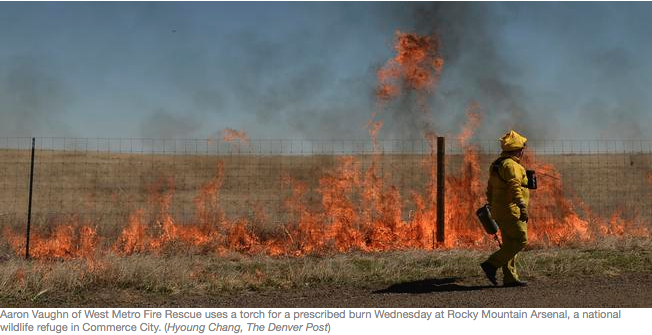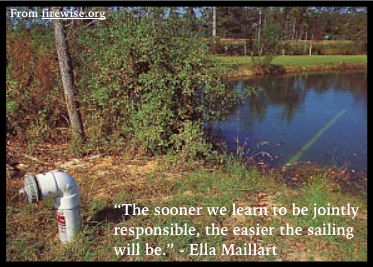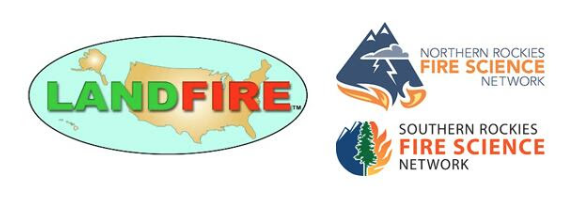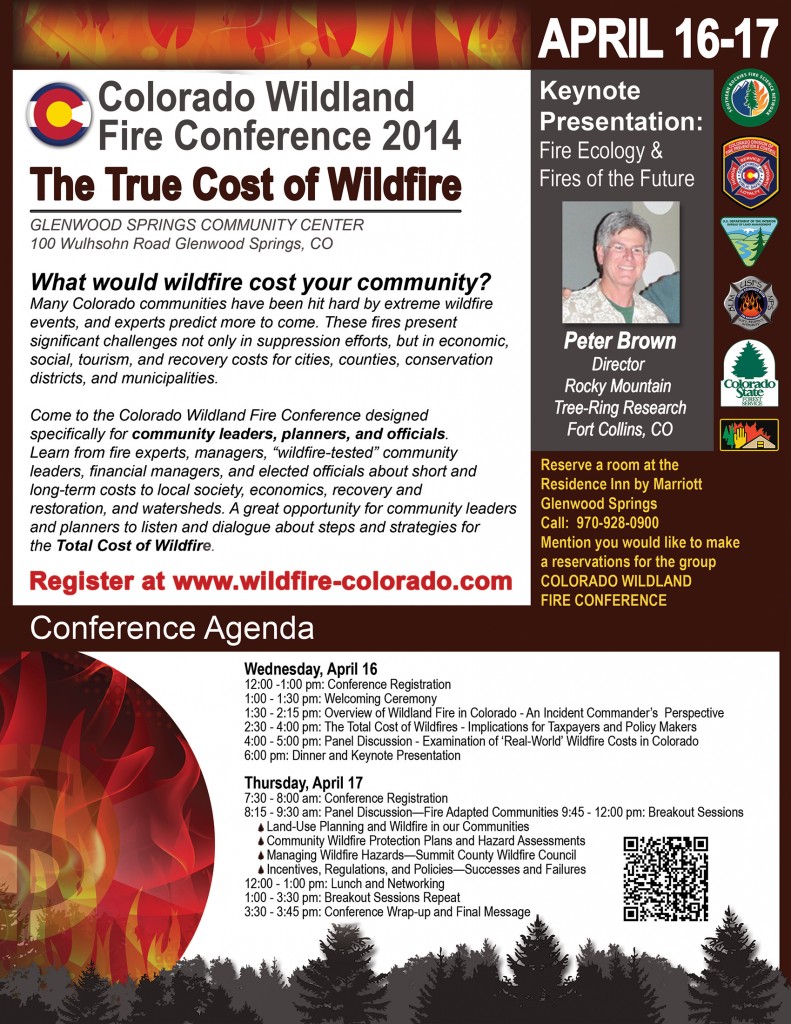Thinking about a conservation easement? The Colorado State Forest Service is now accepting proposals. Completed proposals must be submitted by mail and received no later than 4 p.m. on July 25, 2014, for federal fiscal year 2016 funding. See the announcement:
FORT COLLINS – The Colorado State Forest Service is now accepting Forest Legacy Program proposals from Colorado landowners. The program authorizes the USDA Forest Service or the CSFS to purchase permanent conservation easements on private forestlands to protect environmentally important areas and prevent those lands from being converted to non-forest uses.
The program provides an opportunity for private landowners to retain ownership and management of their land, while receiving compensation for unrealized development rights.
Forestlands that contain important scenic, cultural, recreation and water resources, including fish and wildlife habitat and other ecological values, and that support traditional forest uses, will receive priority. Landowners who elect to participate in the program are required to follow a stewardship management plan approved by the CSFS. Activities consistent with the management plan, including timber harvesting, grazing, and recreation activities are permitted.
The Colorado State Forest Stewardship Coordinating Committee will evaluate proposals and recommend to the state forester those proposals that have sufficient merit to forward to the USDA Forest Service. Forwarded proposals will then compete at a regional level; those selected at the regional level will compete nationally for funding.
For additional information or to obtain an application packet, contact Naomi Marcus at 970-491-6303. Applications also are available under the “Funding Assistance” link at http://csfs.colostate.edu.
Completed proposals must be submitted by mail and received no later than 4 p.m. on July 25, 2014, for federal fiscal year 2016 funding.
